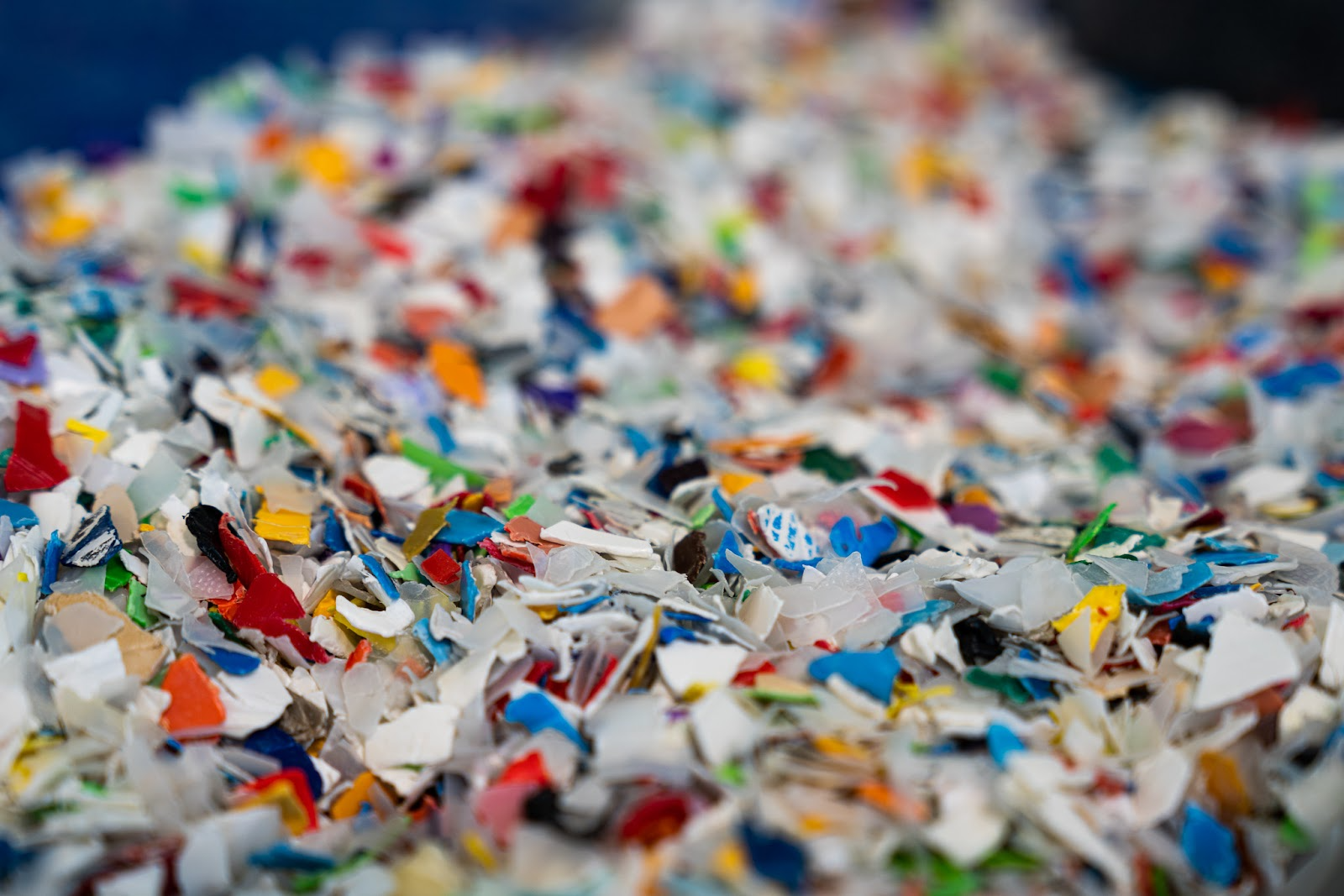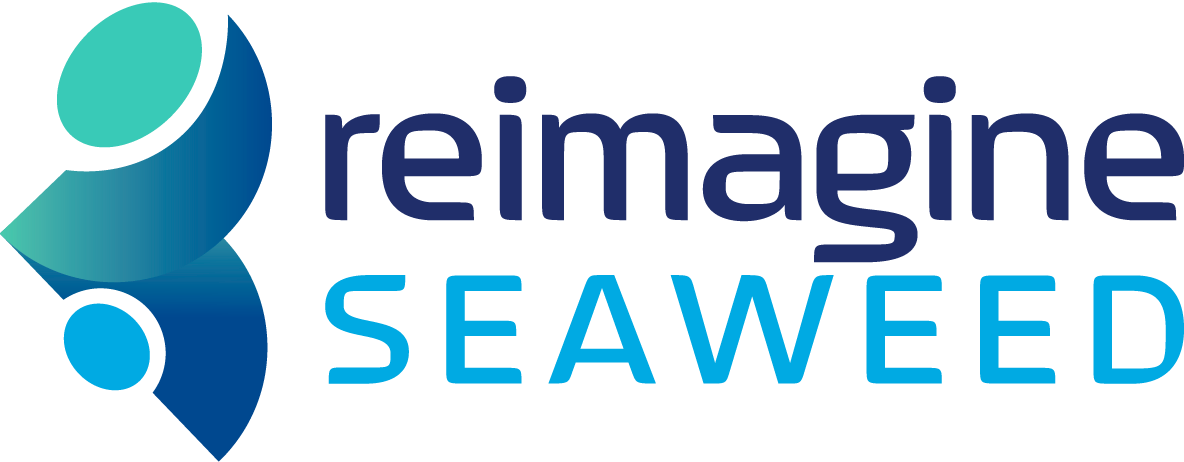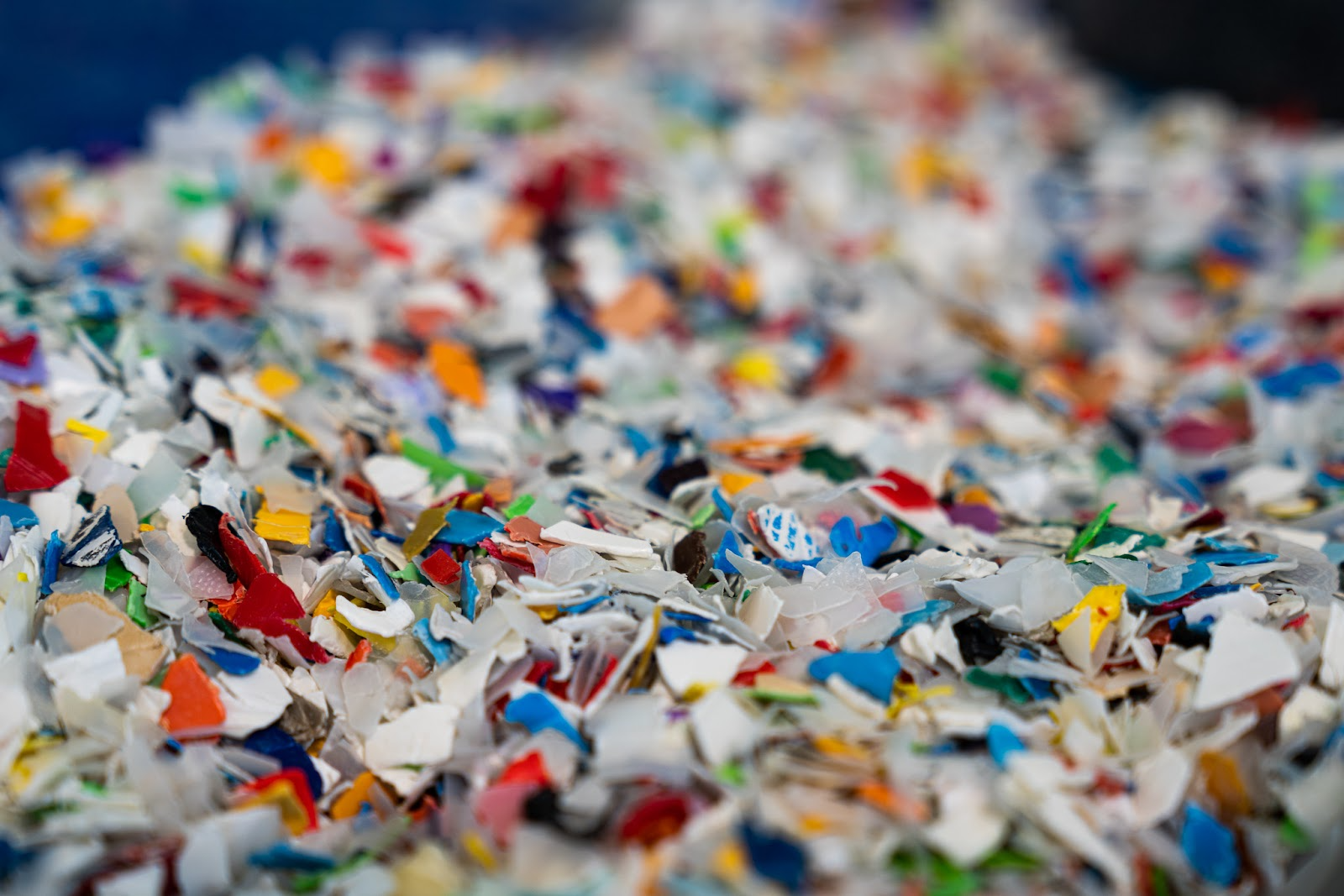
On June 5, the United Nations’ (UN) World Environment Day, the Aboitiz Group proudly demonstrates its commitment to global sustainability efforts by highlighting its groundbreaking innovations in the fight against plastic pollution. With this year’s theme of #BeatPlasticPollution, the Aboitiz Group supports effective action and a transition towards a circular economy to address global environmental challenges. According to the UN Environment Programme (UNEP), by shifting to a circular economy, the inflow of plastics into the ocean can decrease by more than 80 percent by 2040, reduce greenhouse gas emissions by 25 percent, and even generate 700,000 job opportunities.
The Group aims to accelerate progress and inspire others to take bold steps in combating plastic pollution. At the heart of the Aboitiz Group’s operations lies the OneNewAboitiz Sustainability Synergy, guiding the Group toward innovative practices and technologies. The Aboitiz Group’s sustainability achievements work towards the worldwide sustainable development agenda, aligning with the UN Sustainable Development Goals (SDGs). By pushing the boundaries of innovation, the Aboitiz Group tackles pollution challenges with effective solutions. Through these dedicated initiatives and actions, the Aboitiz Group demonstrates its unwavering commitment to sustainable development and actively contributes to the attainment of several SDGs. These include SDG 12 (Responsible Consumption and Production), SDG 13 (Climate Action), SDG 14 (Life Below Water), and SDG 15 (Life on Land). The Group’s efforts specifically focus on promoting responsible consumption and production, taking action against climate change, safeguarding marine ecosystems, and preserving terrestrial biodiversity.
Reimagine Seaweed

As the Group undergoes its Great Transformation to become the Philippines’ first Techglomerate, it is taking an innovative approach to #BeatPlasticPollution, reimagining the world in terms of possibilities and opportunities. With the growing interest in using seaweed as an alternative to single-use plastic, leaders within the Aboitiz Group are working on the Reimagine Seaweed initiative, set to transform the seaweed industry of the Philippines. The initiative is holistically designed to create a sustainable and profitable seaweed industry that provides livelihoods to farmers, promotes biodiversity, reduces plastic pollution, and mitigates the effects of climate change.
According to the Food and Agricultural Organization (FAO), the Philippines is the fourth-largest producer of seaweed globally, supporting 1.4 million seaweed farmers. Under Reimagine Seaweed’s three-pronged strategy, seaweed farmers are taught better farming techniques and are introduced to green technology that will expand their product range to potentially include bioplastics, protein powder, cosmetics, and health supplements. Within the next five years, the Aboitiz Group and the Reimagine Seaweed team aim to reduce single-use plastics in the region through the production of biodegradable and compostable packaging made from seaweed.
This game-changing initiative is making progress towards improving the lives of seaweed farmers, bringing world-class green technology to the local industry, and eliminating single-use plastics in Asia and beyond. By leveraging a renewed entrepreneurial mindset and the latest technologies, the Aboitiz Group tackles global challenges with innovative approaches that advance the business and communities they serve. On the road to ending plastic toxicity, they are also opening up an ocean of opportunity with Reimagine Seaweed.
Plastic Neutrality
By integrating plastic waste into the cement manufacturing process, Republic Cement successfully offset its plastic packaging footprint for 2020 to 2022, equivalent to co-processing over 890 dump trucks filled with plastic waste.
Republic Cement, a CRH-Aboitiz company, pioneered the use of alternative fuels through co-processing in the Philippines. The process involves the reuse and recovery of thermal and mineral properties of qualified waste materials as alternative fuels, allowing Republic Cement to reduce dependence on fossil fuels and minimize environmental impact. The firm uses residual plastic waste, including rejected plastic bottles, styrofoam, tarps, single-use plastic containers and utensils, sachets, shopping packages, and other soft plastics, as alternative fuels.
In August 2022, Republic Cement achieved a significant milestone in becoming plastic-neutral. Through its resource recovery group, ecoloop, the company collected and co-processed an equivalent volume of residual plastic waste used in the packaging and transporting of its cement products. By integrating plastic waste into the cement manufacturing process, Republic Cement successfully offset its plastic packaging footprint for 2020 to 2022, equivalent to co-processing over 890 dump trucks filled with plastic waste.
Republic Cement also supports numerous manufacturers to reach their plastic neutrality goals and be more responsible corporate citizens and stewards of the environment.
Upcycled Plastic
CitySavings partnered with Envirotech Waste Recycling, Inc. (Envirotech) to upcycle plastic waste into classroom essentials: school chairs. In support of the Department of Education (DepEd) Matatag agenda to supplement basic education facilities and services, CitySavings donated 50 plastic chairs made of upcycled waste plastic to Kapitan Tomas Monteverde Sr. Central Elementary School in Davao City and Tunasan National High School in Muntinlupa City.
Furthermore, the construction arm of the Group, Aboitiz Construction, has been implementing its policy against single-use plastics across all projects and facilities since last year. The implementation resulted in a 14.60% reduction of plastic wastes from 2022 to 2023. This initiative is anchored to the firm’s commitment and compliance to ISO 14001: 2015 (Environmental Management System). This year, as part of its continual improvement plan, Aboitiz Construction will be improving their standard MRF (Materials Recovery Facility) across its project sites to improve its system on waste segregation and disposal.


